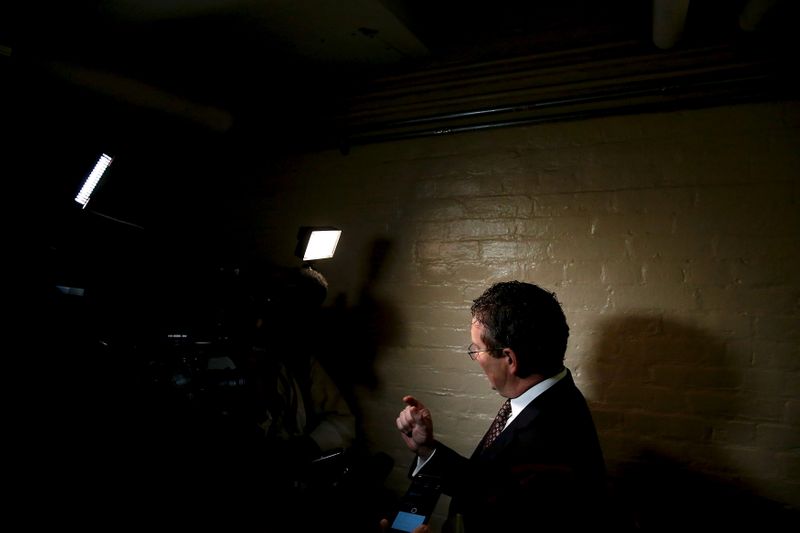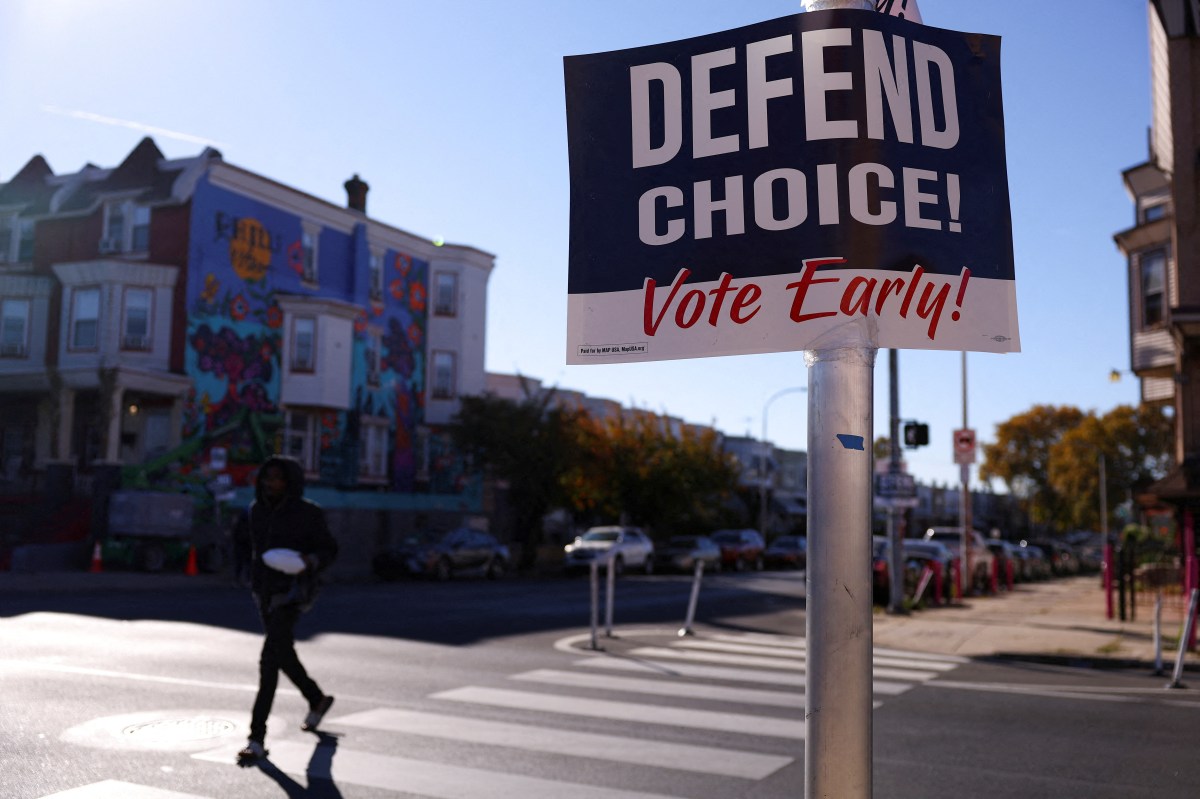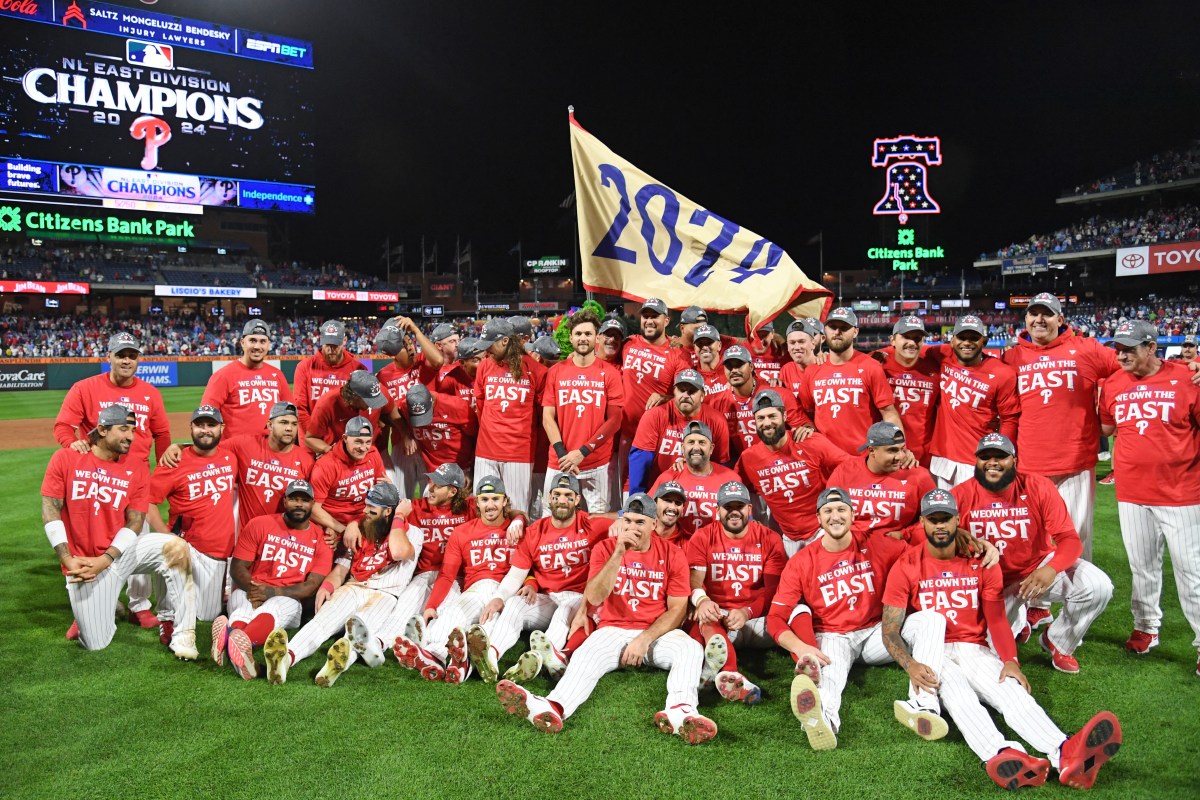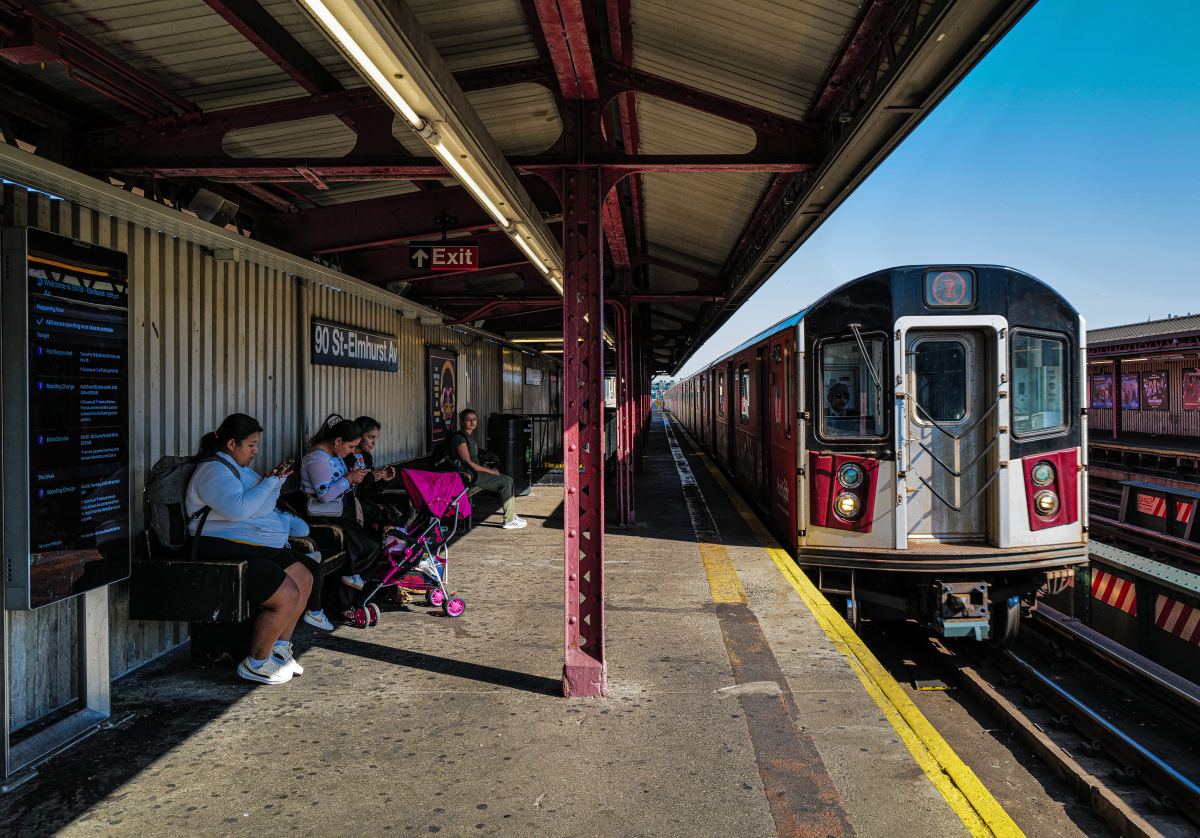WASHINGTON (Reuters) – The Republican congressman who thought he signed his political “death warrant” when he enraged U.S. President Donald Trump by slowing the $2.3 trillion coronavirus relief bill raised a hefty $647,975 for his reelection campaign in the first quarter.
That three-month haul is more than Kentucky’s Thomas Massie has raised in any two-year campaign cycle since he was first elected in 2012 on a wave of support by conservative Tea Party voters – and more than double the haul of his primary challenger.
More than a third of it came after Trump called for him to be thrown out of the Republican Party, Massie told Reuters in an interview.
“None of the fundraising was anticipated,” said Massie, who was nicknamed “Mr. No” even before his manuever on March 27, when he called for a roll call vote on passage of the coronavirus stimulus bill instead of agreeing to a voice vote, which allows fewer members of Congress to be present.
“I walked into the chamber, expecting to sign my political death warrant.”
Massie angered his colleagues by forcing many to return to the Capitol as the new coronavirus began to surge across the United States. But he insists he did not intend to slow passage of the bill to ease the pandemic’s heavy economic toll, only to force fellow members of the House of Representatives to indicate their support or opposition to it.
Massie said his conclusion is that voters in his district of northern Kentucky are not upset with him, even after Trump said he should be kicked out of the Republican party.
“I called him up and left a message and said I had no hard feelings,” Massie said.
The first-quarter haul leaves Massie well positioned as he faces a challenge from political neophyte Todd McMurtry, who is challenging him for the Republican nomination. McMurtry accused Massie in a television ad of “betraying” the president.
McMurtry raised $320,797 in the first quarter, according to a filing with the Federal Election Commission.
McMurtry’s campaign faces the same challenge that all insurgents do during the pandemic: he is being forced to get to know voters in on social media rather than by knocking on voters’ doors in the solidly Republican congressional district ahead of the June 23 primary.
However, McMurtry said, more people are at home and answering the telephone these days.
“The coronavirus has made campaigning more difficult in some ways in that we can’t hold events, knock doors, or do a lot of retail campaigning. However, we have had a great response to our TV and digital ads, social media efforts, and to our telephone town halls,” McMurtry said in an email.
(Reporting by Susan Cornwell; Editing by Scott Malone and Richard Chang)























